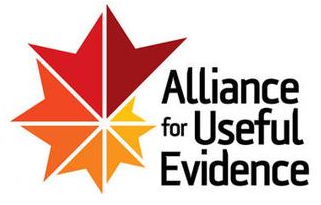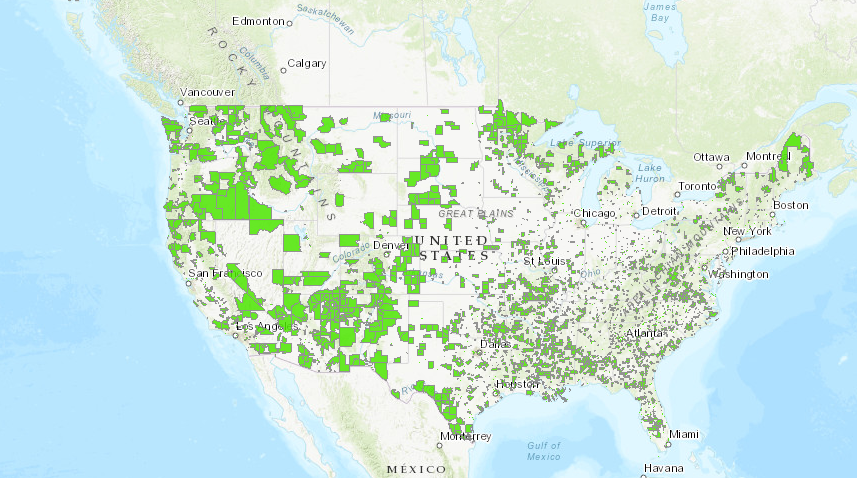“What counts as good evidence?” is a great conversation starter. The UK-based Alliance for Useful Evidence / Nesta offers seminars and publications to “explore what is realistic in terms of standards of evidence for social policy, programmes and practice.”

Prompting discussion was a ‘provocation paper’, What Counts as Good Evidence?, by Sandra Nutley, Alison Powell, and Huw Davies. They’re with the University of St Andrews Research Unit for Research Utilisation (RURU).
The evidence journey. This paper is a useful recap of the state of evidence-seeking from a policy / program standpoint. While the authors do touch on bottom-up evidence schemes, the focus here isn’t on crowdsourced evidence. There’s a useful description of the effort to establish a basis for public policy as the evidence journey. Some highlights:
Hierarchies are too simple. We know the simple Level I/II labeling schemes, identifying how evidence is collected, are useful but insufficient. The authors explain that “study design has long been used as a key marker for evidence quality, but such ‘hierarchies of evidence’ raise many issues and have remained contested. Extending the hierarchies so that they also consider the quality of study conduct or the use of underpinning theory have… exposed new fault-lines of debate…. [S]everal agencies and authors have developed more complex matrix approaches for identifying evidence quality in ways that are more closely linked to the wider range of policy or practice questions being addressed.”
Research evidence is good stuff. But the authors remind us “there are other ways of knowing things. One schema (Brechin & Siddell, 2000) highlights three different ways of knowing”: empirical, theoretical, and experiential.
Do standards help? The authors list current evidence standards & rating schemes (GRADE, Top Tier Evidence, etc.) – that is reason enough to get your hands on a copy of the paper. And they note the scarcity of evidence on effectiveness of these rating schemes.
Davies and Nutley contributed to the excellent 2000 book What Works? Evidence-Based Policy and Practice (Davies, Nutley and Smith, Policy Press).
Posted by Tracy Allison Altman on 12-Mar-2017.









Some time ago, I did need to buy a good house for my organization but I didn’t earn enough money and couldn’t order something. Thank heaven my mother suggested to try to take the loan from trustworthy creditors. Therefore, I did that and was satisfied with my college loan.